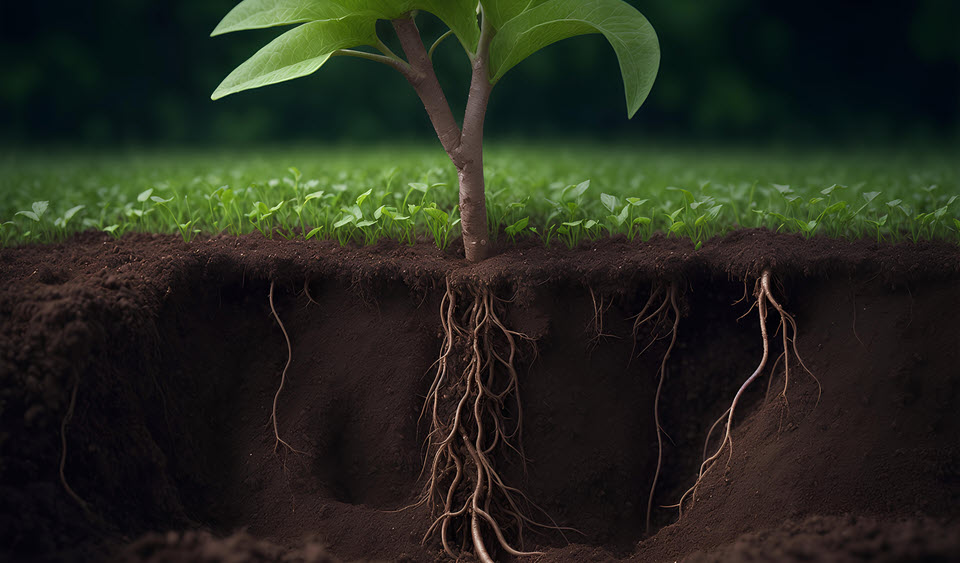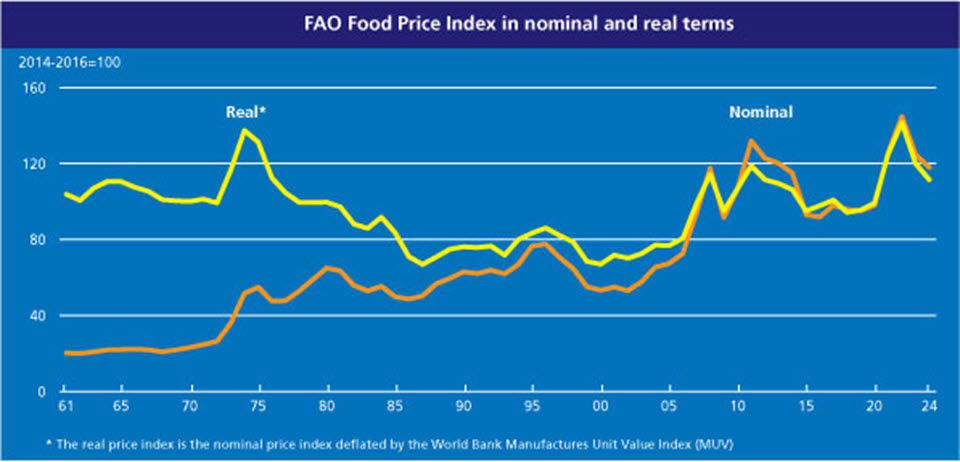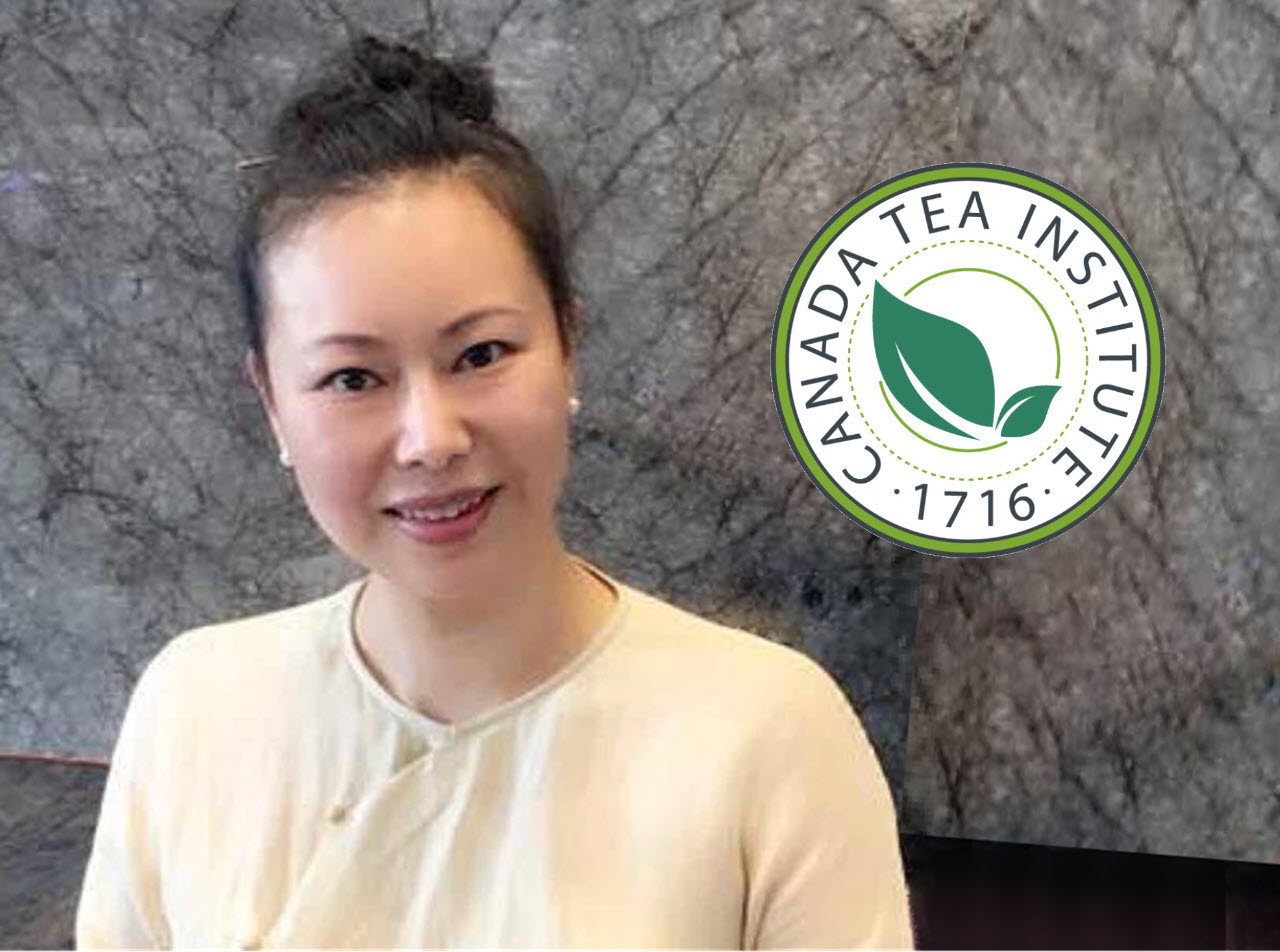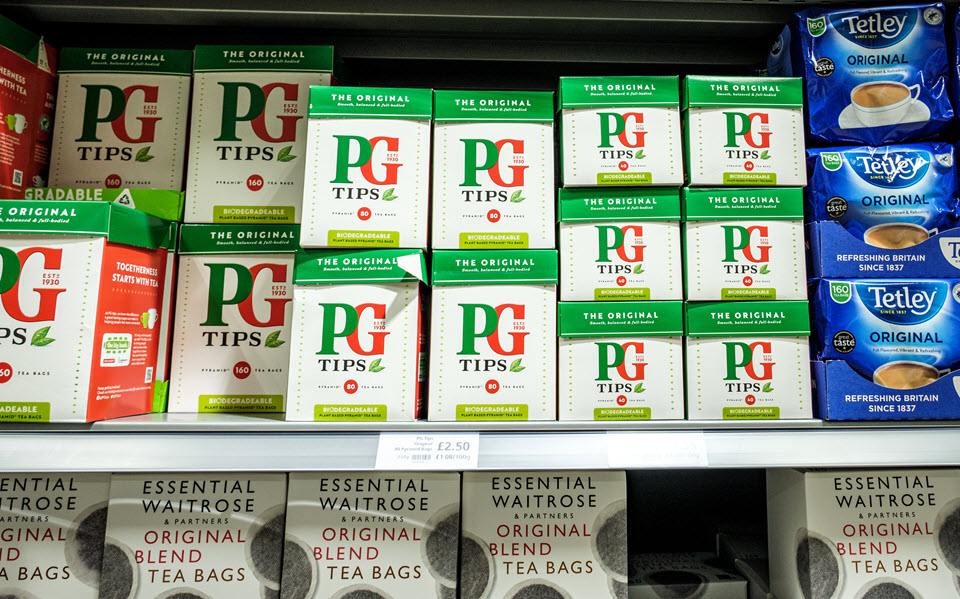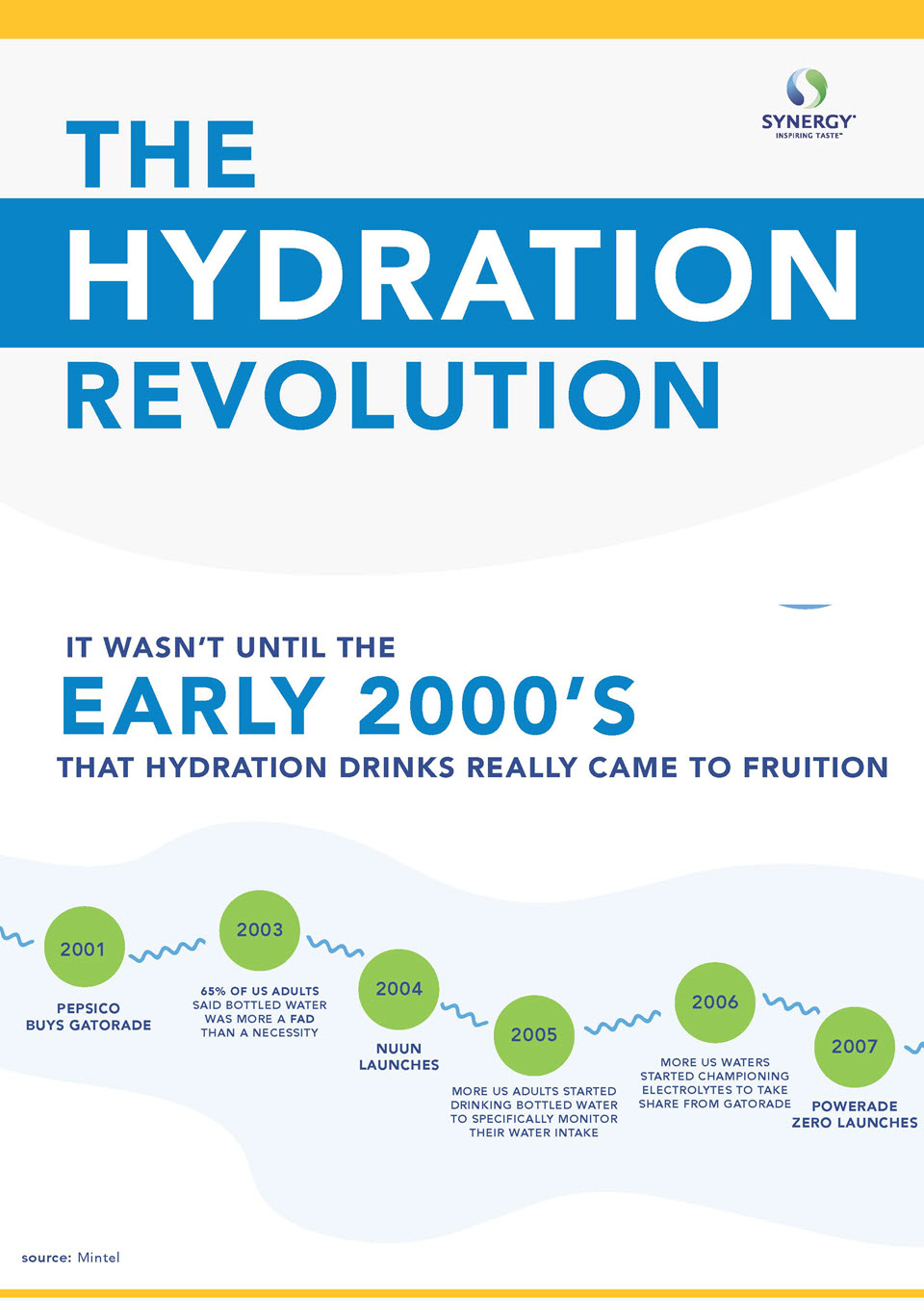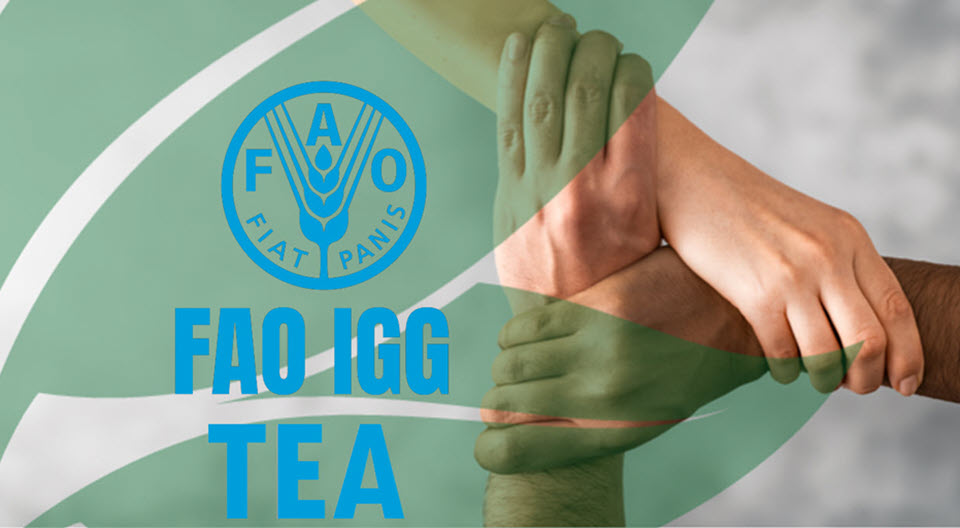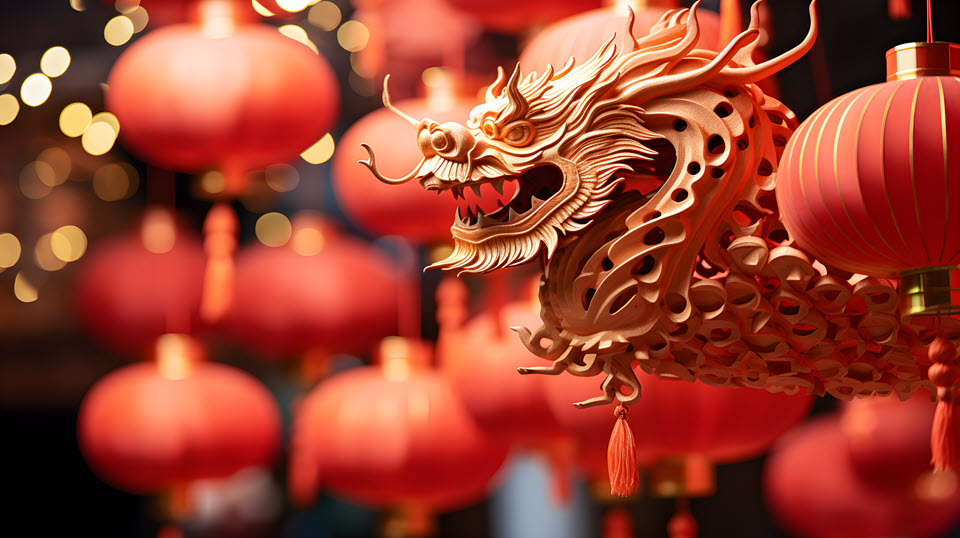Episode 159
Why is First Flush Tea so Tasty? Metabolites | Oversupply Threatens Kenya’s Harvest Windfall | World Tea Expo: An Infusion of Fresh Ideas Opens this Weekend | PLUS Tea Revolution founder Annabel Kalmar describes the DNA of a purpose-driven venture.
Tea News for the week ending March 15, 2024
Powered by RedCircle
India Tea News
Featured
Annabel Kalmar, founder of Tea Rebellion, a small direct-trade single-farm tea retailer, describes the DNA of a purpose-driven tea venture and the challenge of changing how tea is traded, marketed, and consumed. She says the goal is to be a sustainable, transparent, award-winning tea brand. Tea Rebellion, founded in 2017, does not sell blended or flavored tea. Farms are co-branded, and marketing draws attention to the farm and identity of growers. “To affect change, we need to credit the maker of the product,” she says. “To drive impact, I choose to work with tea farmers with a clear goal of sustainability and impact in their communities. Several of these farmers are female-run or committed to the empowerment and well-being of women,” she says.
Listen to the Interview
Powered by RedCircle
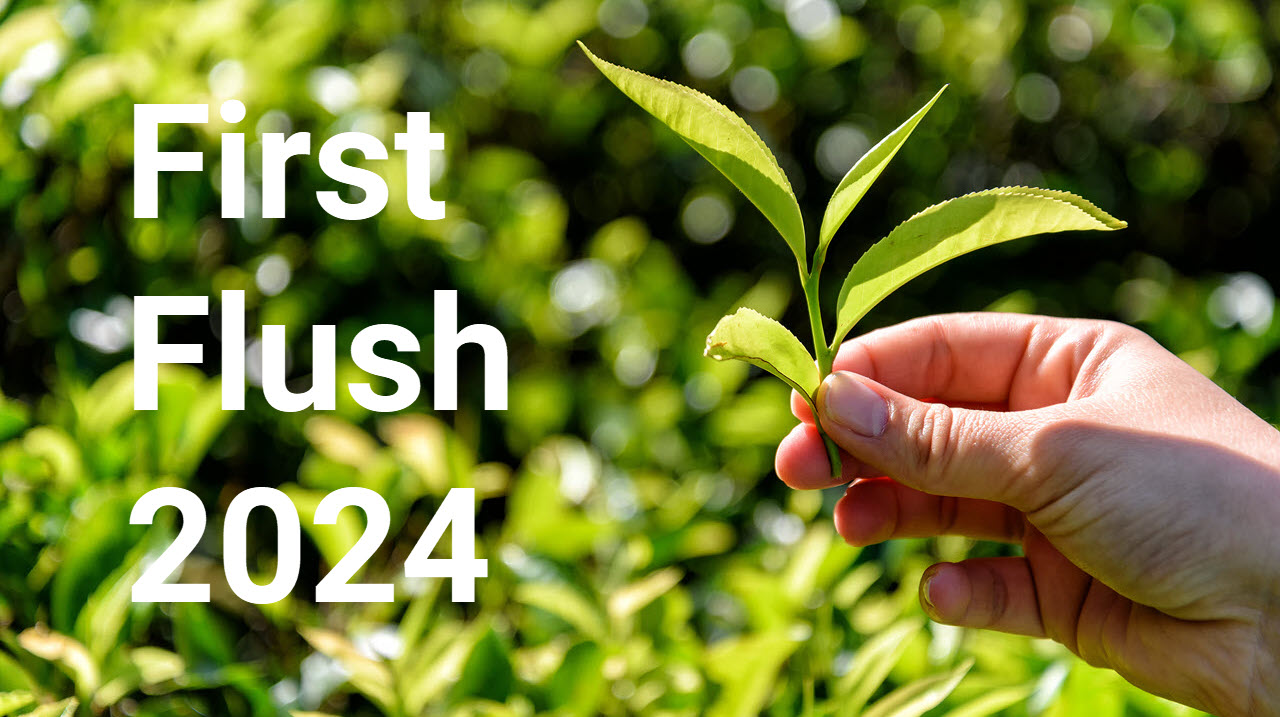
The 2024 First Flush is Underway
By Dan Bolton
The allure of first-flush teas has inspired poets for centuries, but what of the science?
Scientists are rhapsodic, too.
In spring, the buds of high-mountain teas burst with amino acids. Tea leaves contain significantly more carbohydrates, flavonols, and polyphenols in summer and autumn.
According to a 2020 study published in Food Research International, flavonoids and flavonols (the good-tasting, good-for-you compounds), catechins, and amino acids abundant in spring leaves showed sharp seasonal differences. The researchers concluded that harvesting time was one of the most critical factors affecting metabolites most closely related to the quality of green tea.
A team analyzing young translucent Anji Baicha leaves plucked on March 6 found their leaf chemistry significantly differed from leaves from the same plants plucked on May 10. The analysis, which combined liquid chromatography and mass spectrometry (LC-MS), was found to “assess tea quality objectively and reliably.”
Since then, the research has been used to ascertain optimal harvest dates to take advantage of tea’s multiple health-promoting effects, primarily attributed to its secondary metabolites, including polyphenols, amino acids, caffeine, and other compounds.
Last year, Chinese researchers using the same technique found that they could distinguish all six categories of tea by calculating differences in the accumulation of signature compounds.
The study involved 1,329 leaf samples collected from every major tea-producing region in China. Most of the samples (1,146) were green teas, but categories included white, yellow, oolong, black, and dark tea.
The concentration of chemicals revealed the geographical origin and harvest period. For example, in early spring, green teas from Jiangnan contain China’s highest concentration of theanine and free amino acids.
Researchers employing fluorescence spectroscopy found they could identify and differentiate black tea from distinct tea gardens.
Their work was published in the journal Food Chemistry in January.
BIZ INSIGHT—The studies found that fermentation significantly reduced total polyphenols, catechins, and theanine content. Tea masters intuitively know this after decades of manipulating these compounds using various processing techniques to enhance aroma, umami, and overall taste. Now, they can better source raw leaves that contain the raw compounds needed to produce a specific tea. The research also allows for verification of the varietal, harvest date, and locations specific to each garden.
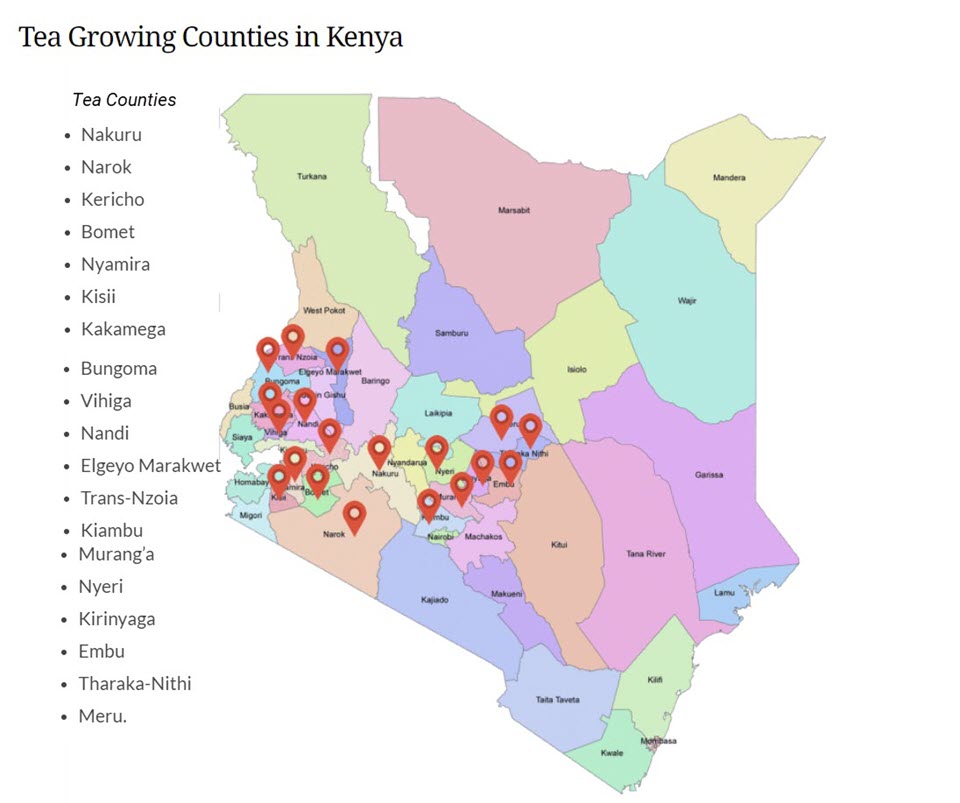
Oversupply Threatens Kenya’s Harvest Windfall
Kenyan tea exporters sold 523 million kilos in 2023, earning a record Sh 180 billion ($1.23 billion). However, oversupply due to favorable weather, subsidized fertilizer, and aggressive plucking threaten to undermine black tea prices globally.
Tea exports are in decline, and bulk tea prices are falling. The World Bank forecasts tea prices will decline 2% in 2024. The Economist Intelligence Unit (EIU) expects “prices to weaken to an average of $2.75 per kilo in 2025.”
Greenleaf production rose 15% among Kenya Tea Development Agency (KTDA) smallholders from June 2023 through January. Unit prices are up 13% to Sh 345 per kilo, rewarding growers with a record bonus.
But the windfall is more closely tied to currency fluctuations than demand. Slowing economies, sanctions, and war globally contribute to auction warehouses bulging with staling tea.
According to the East Africa Tea Traders Association (EATTA), 40.7 percent of the tea on offer remained unsold in 2023. Traders normally buy 75 percent of Kenya’s annual harvest at auction, but demand is unusually low, forcing the country to consider abandoning a $2.43 per kilo minimum price established in 2021.
Kenya stands out as the only country among the top five producers worldwide to see gains in volume and value. China reported a second year of declining export sales to $174 billion. In Sri Lanka, export value increased due to high unit prices, but volume continued to decline. India also saw declines in volume and value. Turkey, the world’s fifth-largest tea-producing country, reported tea production declined to 275,000 metric tons. Tea exports were up but amounted to only $25 million in 2022-23.
Unlike China and India, Kenya’s domestic tea market is relatively small, making Kenya the world’s top black tea exporter, even though India produces much more significant quantities. East African tea-producing countries export more than 90% of the teas grown there. Kenya exports 95% of its tea, of which only 10% is blended and packed.
The big surge in value did not significantly increase unit prices. Auction price averages fell in 2023 compared to 2022. Earnings surged by almost a third (31%) on volume that grew by 72.5 million kilos from the 450 million kilos sold in 2022.
The full-year price average was 10% lower in 2023 than the previous year “largely because we believe that market surpluses have been large in recent years and that stock levels are therefore high,” writes EIU.
BIZ INSIGHT – Ten years ago, Kenya experienced a similar bubble, which soon burst. Acreage under tea grew by 45%, and production jumped by 25.8% between 2003 and 2012. In 2014, the Mombasa auctioned a record 400,000 metric tons with little left unsold. The monthly volume approached 35,000 metric tons during peak months, with only 2,000 tons unsold. The global tea surplus reached 130,000 metric tons the following year as Kenyan production reached new highs. Shortly after, Greenleaf prices plummeted to 35 cents per kilo, down from 55 cents per kilo in 2012. Tea profits at plantations across East Africa fell by 30% when the pricing bubble burst.
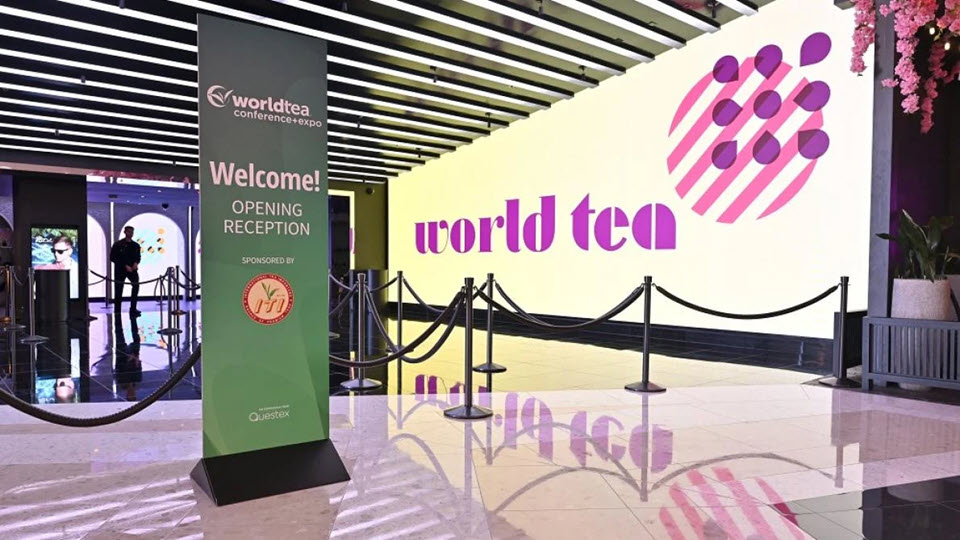
World Tea Expo: An Infusion of Fresh Ideas
The World Tea Expo returns to Las Vegas Convention Center this weekend through March 20.
The annual event draws worldwide attention to a North American market that fosters innovation and rewards quality-conscious producers who export specialty grades. The event is co-located with the Bar & Restaurant Expo.
It all begins Sunday with a meet-and-greet at the Las Vegas Convention Center. Sessions on Monday include the Tea Business Incubator, which is a must for tea retailers. This year’s program is immersive, with a new Tea Primer Certification and hands-on demonstrations essential to understanding tea’s organoleptic qualities. Kevin Gascoyne’s Rare Tea tasting is a fantastic opportunity to experience the “qi” in tea.
Tea educator Sharyn Johnston is hosting a reunion of Tea Academy graduates at the NxT Stage on Tuesday afternoon.
Tea Biz will be on the floor for live podcast interviews with attendees and exhibitors at the International Pavilions. Exhibitors include several Chinese, Sri Lankan, Korean, Japanese, and African tea suppliers.
I will also be hanging out at the Tea Bar to taste winning teas from the beverage challenge and with keynote speaker and good friend Jeff Fuchs on Tuesday from 1 to 2 pm.
Look for me at the Azilo Ultra Lounge at the Sahara on Tuesday night from 6:30 to 8 pm for the tea industry happy hour.
Say my name when passing on the South Hall floor, and you’ll receive a free full-year subscription to Tea Journey magazine.
BIZ INSIGHT—I’ve attended this show for 20 years as a journalist, speaker, panelist, presenter, exhibitor, and attendee. Every year, I learn something new and treasure the opportunity to mingle with a vibrant community of tea professionals.
FEATURE
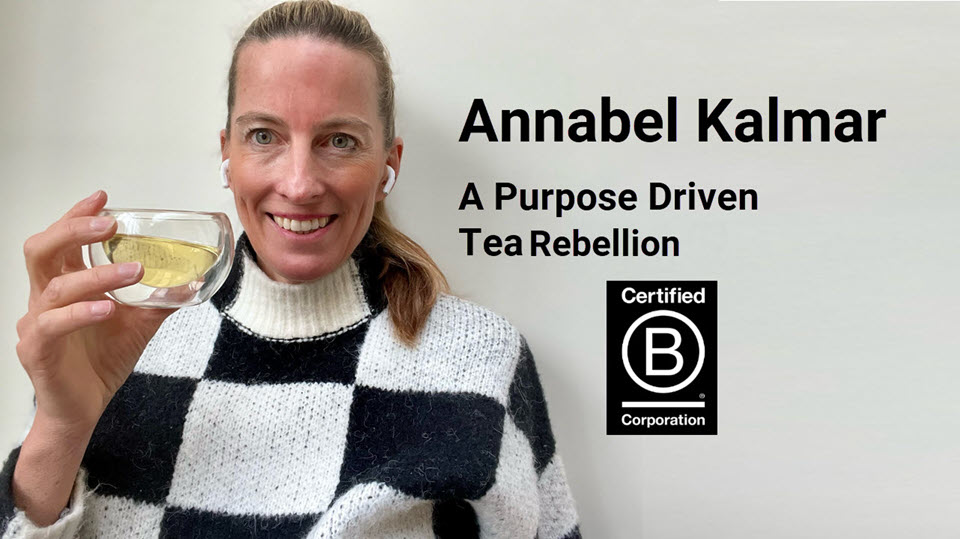
Tea Rebellion: Anatomy of a Purpose-Driven Brand
By Dan Bolton
The “B” in B Corp signals “Benefit” for all. In tea, that means an inclusive, equitable, and regenerative economic system for everyone and the planet. There are fewer than 9,000 B Corps globally.
Annabel Kalmer says, “Incorporating the B Corp stakeholder considerations into our Articles of Corporation for the UK and Canada ensures that our environmental, social, and governance commitments are firmly embedded in our corporate structure.
The goal is to be a tea brand for sustainable, transparent, award-winning tea. Tea Rebellion co-brands with farms and does not blend or flavor tea.
“We remain firmly wedded to our original Tea Rebellion DNA,” says Annabel, who has a master’s in economics specializing in micro- and rural finance. She previously worked for the World Bank and the OECD. She returned to academia to study agriculture, focusing on environment and gender. Her fieldwork included studying female banana growers in El Salvador and coffee farms in the Dominican Republic. To drive impact, I choose to work with tea farmers with a clear goal of sustainability and impact in their communities, several of which are female-run or committed to the empowerment and well-being of women.
Listen to the Interview
Powered by RedCircle
Share this Post
Why is First Flush Tea so Tasty? Metabolites | Oversupply Threatens Kenya’s Harvest Windfall | World Tea Expo: An Infusion of Fresh Ideas Opens this Weekend | PLUS Tea Revolution founder Annabel Kalmar describes the DNA of a purpose-driven venture. | Episode 159 | 15 Mar 2024
Sign up to receive Tea Biz weekly in your inbox.


